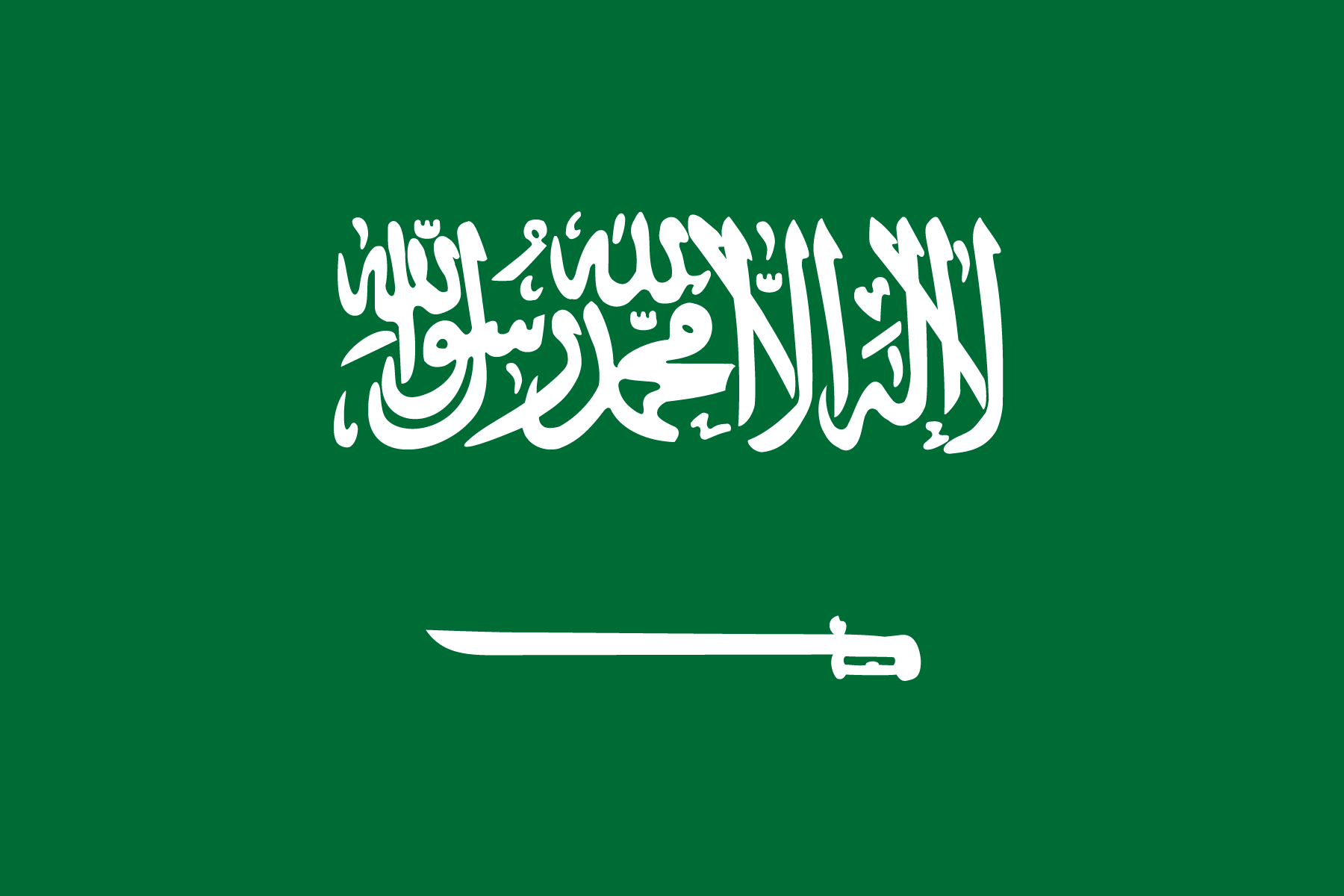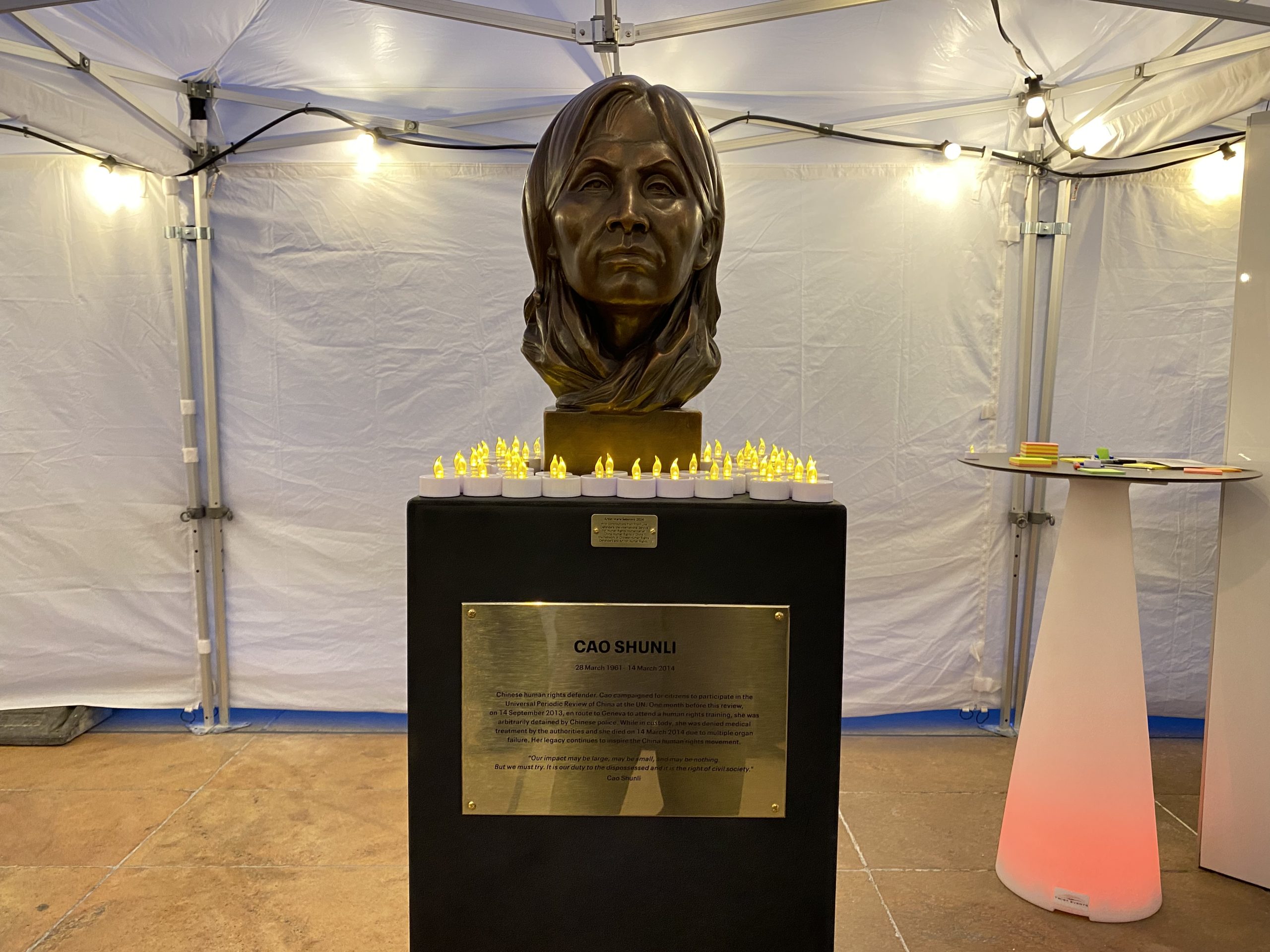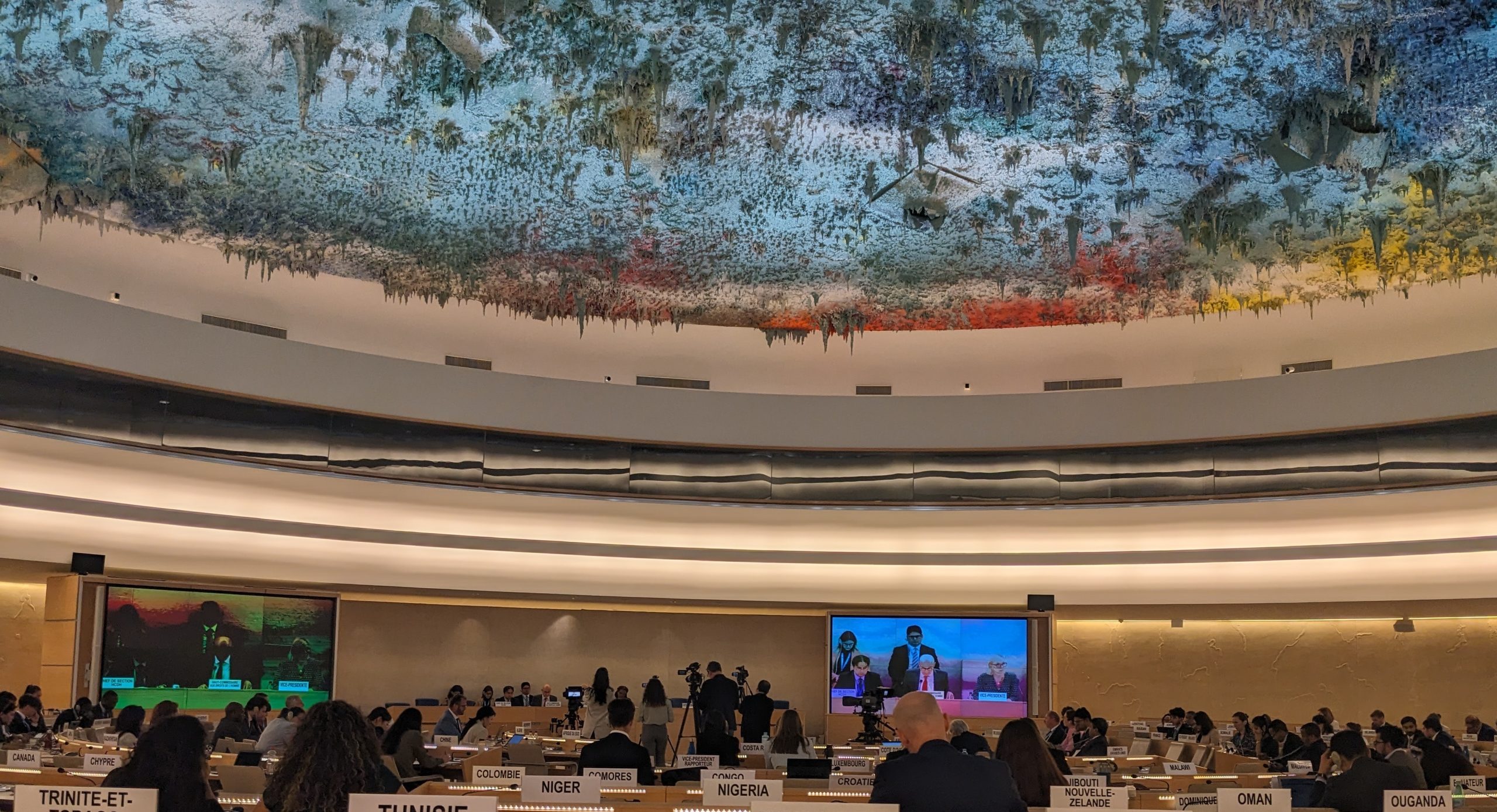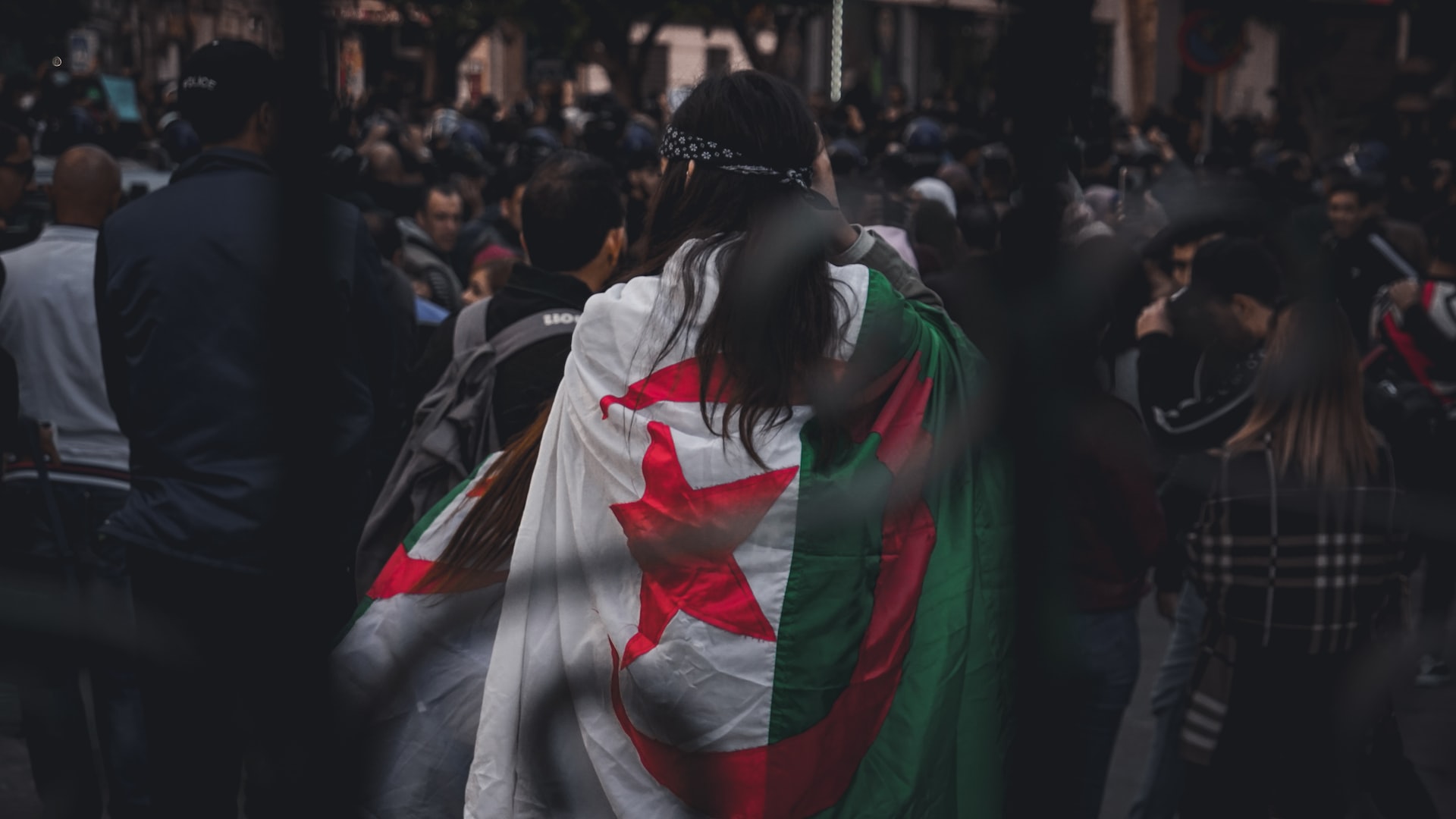Geneva’s Administrative Council – the city’s executive body – has announced their intention to host a public monument that would pay tribute to ‘the memory of human rights activists and the universal causes they embody’.
The move follows a formal request by 16 civil society organisations, including ISHR, to have a bronze bust of human rights activist Cao Shunli placed in a prominent location in the vicinity of the United Nations headquarters.
In a statement published on April 25, the Administrative Council argued it would not be possible to host individual monuments for all defenders that have suffered persecution, and that it would instead seek to erect a memorial that would collectively honour the ‘actions of persons whose commitment for human rights must be highlighted and hailed’, citing Cao Shunli and Iran’s Mahsa Amini as examples of ‘victims of the repression raging in their respective countries, China and Iran’.
‘We are grateful to Geneva authorities for choosing to embrace the cause of Cao and for paying a strong tribute to all human rights defenders who have met with grave consequences as a result of their work,’ said Raphaël Viana David, China Programme Manager for ISHR.
Originally, ISHR and our civil society partners sought a specific monument to Cao as a way to pay tribute to activists that have been specifically targeted for seeking to interact with the UN human rights system, as she was in 2013.
A lawyer and human rights activist seeking to denounce abuses at the UN, Cao was detained by Chinese authorities at the Beijing Capital International Airport in September 2013, as she sought travel to Geneva to participate in a human rights training. She died months later, on 14 March 2014, as a direct result of ill treatment and the denial of medical attention throughout her arbitrary detention.
Ahead of the tenth anniversary of her death, ISHR and civil society partners sought to pay tribute to Cao and all human rights defenders that have been the subject of State reprisals by commissioning a bust in her likeness and initiating a formal petition for its placement as a public monument in Geneva, the international capital of human rights.
Participating organisations unveiled the bust and the petition on 14 March 2024, ten years after Cao’s death, in a solemn tribute to her life’s work in front of the UN office in Geneva. The civil society groups also sought the support of the public, gathering over 1000 signatures – online and in person – asking local authorities to accept that the bust be made into a permanent memorial.
UN Experts have flagged Cao’s death as a case of ‘deadly reprisals’ by the Chinese State, the culmination of an effort to prevent her from engaging with the United Nations’ human rights system and mechanisms and shedding light on violations in China.
To this day, no individual or public entity has been held accountable for Cao’s fate despite repeated calls by the UN Special Procedures urging Beijing to carry out a full, impartial investigation into the circumstances of her death – in 2014, 2019 and, once again, on 14 March 2024.
That same day, over 30 organisations – including ISHR – published a joint statement urging States to hold China accountable for this ‘paradigmatic case of reprisals’. This call was also echoed in a joint release by the Human Rights Ambassadors of nine European countries, which insisted that the activists’ ability to engage ‘safely and freely’ with the UN is ‘indispensable to the protection of human rights everywhere’.
On 22 March, at a meeting of the UN Human Rights Council, a defender from the Chinese mainland read a joint statement on behalf of ISHR and 16 organisations accredited to the UN, as well as 20 NGOs without consultative status: she called for a moment of silence in honour of Cao’s memory and urged State and civil society representatives to applaud her name.
Chinese representatives interrupted and tried to censor this public tribute – just as they did when ISHR called for a moment of silence following Cao’s death, in March 2014 -, but States including the full EU membership, United States, Canada and the United Kingdom pushed for the speaker to be allowed to continue.




